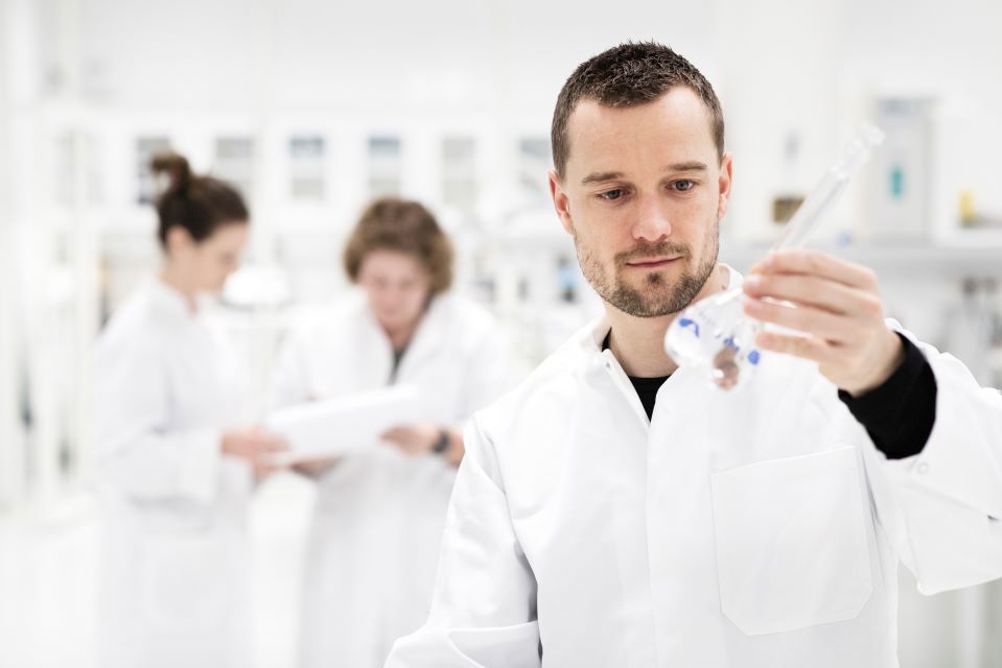The aim of the one-of-a-kind pilot project is to combine desalination and wastewater treatment to ensure sufficient clean water supplies in areas lacking naturally sourced water. Aquaporin will provide its Aquaporin Inside membranes and knowledge of its unique forward osmosis technology and processes to the project. The collaborators will guide, train and educate each other with the goal of successfully combining desalination and wastewater treatment processes.
Ángel Rivero Falcón, Technical Researcher at Canary Islands Institute of Technology, says the knowledge gained from testing will be used to facilitate a more sustainable water management in the Canary Islands, which will also be a good example for other island communities with similar water scarcity issues.
“This project represents a revolutionary way of combining what nowadays are two reject streams – wastewater and desalination brine – to increase the water resources of a region with water shortage issues such as the Canary Islands,” added Rivero Falcón. “Both University of Las Palmas de Gran Canaria and Canary Islands Institute of Technology are extremely proud of collaborating with Aquaporin on this pilot project and excited about the future outcome and its impact in the Canary Islands.”
The combination of wastewater treatment and desalination tackles one of the big challenges in making forward osmosis an economically attractive solution. The desalination brine, which usually poses a discharge challenge, provides the forward osmosis system with a continuous and free-of-charge draw solution – without regeneration needs. The clean water generated by the system can be used for irrigation purposes. The Aquaporin Inside membranes will ensure minimal cross-contamination and high efficiency on an island where circularity and reuse are of utmost importance to address water scarcity issues.
“Open innovation and collaboration have always been at the heart of Aquaporin – both when it comes to developing the world’s first biomimetic membrane, but also regarding innovative applications and where to use them,” said Jörg Vogel, Aquaporin’s VP of Open Innovation. “The collaboration with University of Las Palmas de Gran Canaria and Canary Islands Institute of Technology is a great example of where combining different technologies with forward osmosis has the potential to make a significant difference, and it is our belief it will further strengthen Aquaporin’s position in the market.”

The collaboration is set to last for two years from July 2022 with the possibility of extension.
The pilot project has been conceived as part of the E5DES project, code MAC2/1.1a/309, co-funded by the European Union program INTERREG MAC 2014-2020, by means of the European Regional Development Fund – ERDF. The Mancomunidad del Sureste de Gran Canaria has made a strong commitment to the development of emerging desalination technologies in the Canary Islands in the context of their collaboration within the DESAL+ Living Lab platform.





